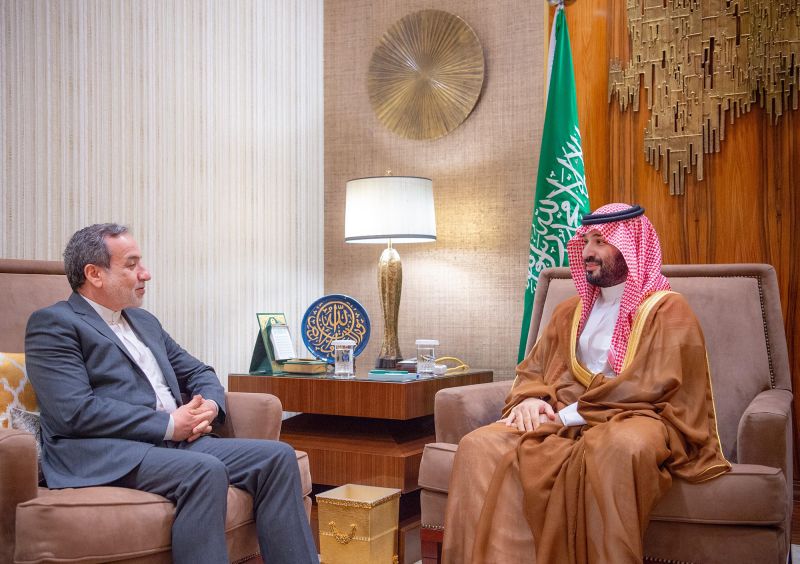As the United States’ efforts to stem violence in the Middle East become increasingly uncertain, Washington’s Arab allies are engaging in direct talks with Iran, a long-standing regional rival. These dialogues work towards the de-escalation of tensions and search for common grounds towards peace, despite the tenuous equations and shared past.
In the UAE and Saudi Arabia’s cases, the policy of engagement with Iran is primarily driven by the growing realization that the protracted rivalry is economically unsustainable and a hindrance to the aspirations of creating a stable regional order. This move away from a hands-off approach is also dictated by the changing dynamics of American foreign policy commitment in the region, which has shifted under President Biden’s administration towards a path of restraint and strategic recalibration.
Saudi Arabia’s recent outreach to Iran is marked by a strategic shift in its foreign policy. The kingdom recognizes a desperate need to curb the flare-ups of violence in the region, notably in Yemen and Lebanon. The Saudi-Iran talks have been held in Baghdad, mediated by Iraqi Prime Minister Mustafa Al-Kadhimi. The prime focus of these discussions has been to find workable solutions to halt the war in Yemen – where Iran-backed Houthi rebels and the Saudi-led coalition has resulted in one of the world’s worst humanitarian crises.
Similarly, the United Arab Emirates (UAE) has also shown active participation in engaging with Iran. Often seen as Saudi Arabia’s partner, the UAE has notably diverged from the kingdom’s policy on Iran and has shown significant readiness in pursuing bilateral engagement. Its effort in establishing communication with Iran can be seen through a prism of securing national economic interests, especially in the post-pandemic era.
Moreover, the shifts in the Gulf Arab states’ strategies towards Iran are indicative of a broader realignment in the Middle East, where states are increasingly recognizing the need for engagement rather than containment. This realization is influenced by the degradation of alliances with Western states, chiefly the United States, whose appeasement approach towards Iran set-off a ripple of concern among its longtime Gulf allies.
One could also discern this change in approach from these Arab nations as a bid to manage their threats and relationships without needing to rely heavily on the United States. This does not essentially translate into a total decoupling from the US but could indicate a decline in dependency, thereby addressing their security concerns more effectively.
Furthermore, these engagements may present a key to establishing a new security paradigm in the Middle East, one rooted more in mutual understanding than rivalry. While issues such as Iran’s nuclear activities, its regional power projection, and the ideological divide with Arab states are far from being resolved, these talks could pave the way for de-escalation and potential cooperation in various sectors, including energy, trade, and maritime security.
However, it would be too soon to predict a drastic and lasting change in the regional geopolitics of the Middle East. The engagements are still in their early stages, and the prognosis remains complicated by a host of internal and external factors. But a common understanding on part of these Arab nations that dialogues and diplomatic engagements offer a more viable track towards long-term regional stability is a promising outset.
In a region that has been marred by conflicts and rivalries, these recent shifts in diplomatic strategies seem to herald a changing tide, one towards dialogue and compromise rather than aggression and isolation. Only time will reveal the effectiveness and direction of this new approach.




